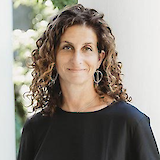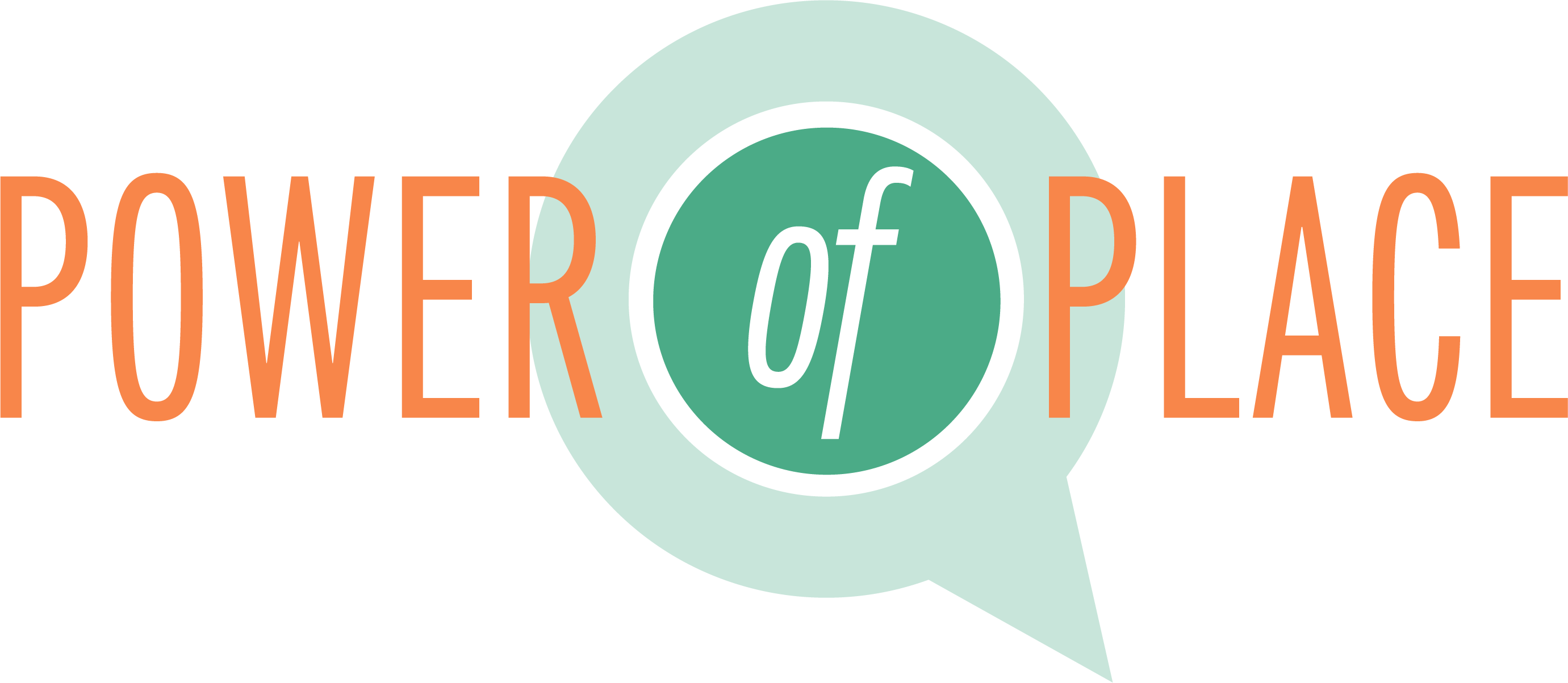October 26, 2023 Read Time:
Storytelling
This was the question Gloucester Spanish teacher Heidi Wakeman posed to her peers at a recent training she led during a professional development day. Working together in small groups, the 80 adults experienced a new approach to exploring, listening to and telling their own stories, and walked away with a new set of skills and a deeper appreciation for one another.
“Everybody has a story,” she said. “So, as a teacher, you can use that to connect to your students - or to each other - through the language of storytelling.”
Wakeman’s inspiration for the 1-hour session came from her experience at ECLC’s 2023 Winter Gathering, where she participated in a full day of storytelling, story listening, story crafting, and story circles led by Luis Ortega of Storytellers for Change. Ortega’s work centers on telling stories that define people through their assets and aspirations rather than their challenges and deficits. This approach resonated deeply with Wakeman, who since then has participated in additional Storytellers for Change cohort experiences, and has participated in programming through the Teacher Collaborative. She also served as the Storyteller in Residence at the Gloucester Writers Center, a local nonprofit that hosts workshops and “Moth”-style special events focused on building connections through stories.
These opportunities taught her to both find and tell her own stories, and how to listen deeply to the stories others tell to better understand who they are, she said.
These experiences also made her more aware of the challenges facing her peers at the O’Maley Innovation Middle School. More than 80 people are on staff at the school, but they rarely - if ever - have time to step out of work mode and connect on a more personal level. In a an internal survey last spring, staff were clear in defining what they wanted most from their upcoming professional development day: A chance to get to know one another. They knew each other as educators, but were craving an opportunity connect as humans.
“The simple act of listening to each other helps to humanize people and make connections,” Wakeman said. “It’s important to fostering a sense of community.”
Wakeman’s session was added to an all-staff professional development day, and offered a long overdue chance for the team to listen closely to one another, and dig deeply to find their authentic stories. Participants broke into small groups, and used the Storytellers for Change “3Cs of Storytelling” as prompts:
-
Challenge: Tell us about a time you challenged yourself to step out of your comfort zone as an educator and/or learner. What happened? When? How did it feel to face this challenge?
-
Choice: What choices did you have to make to overcome this challenge? What helped you? How did you respond to this challenge?
-
Change: What was the outcome? What did you learn? What do you want us to learn from this story?
The results, Wakeman said, were striking. Adults who have worked in the same building for years but have never talked before began to build new ties to one another. Some shared details about their lives in a personal, vulnerable way; others hung back, but listened closely. At the end of the session participants agreed that the experience had been valuable, and began to brainstorm ways to integrate the practice into the classroom by incorporating storytelling and story circles into their curriculum.
Wakeman has already begun to do so, and has rebuilt her Spanish curriculum around the common thread of storytelling. Even for students who are just beginning to learn the language, framing their work around telling stories that are more personal keeps them engaged, and helps them connect. Her students read poems, short stories and personal essays in Spanish, and have rich discussions about culture, community, family, and connections.
“I think our human brain is wired to get information and make sense of it through storytelling,” she said. “When we tell a story about something, sometimes it helps kids understand it better than just giving them information. Even if the story doesn’t fit into a box, or have a happy ending, it’s worth exploring, writing down, and sharing.”
Luis Ortega of Storytellers for Change will be offering a condensed version of his Asset-Based Storytelling session at the November 7 ECLC Fall Gathering. Register for this session!

